BBC reports arrest of three of its journalists during protests in Sudanese capital
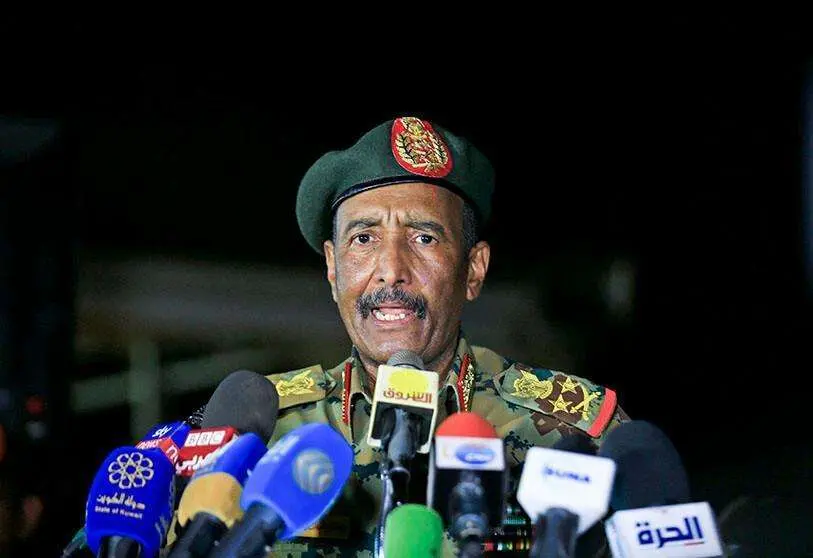
Hopes for a peaceful transition to democracy are running out in Sudan. The situation in the African country continues to escalate, as does the climate of tension, where citizen demonstrations, arbitrary arrests, attacks on journalists and the media, as well as abuses by the armed forces and the police are the order of the day. All demonstrations are harshly repressed by the security forces and paramilitary groups.
Last Monday a series of demonstrations were called by the "resistance committees" in the streets of Khartoum, in the twin cities of Omdurman and Port Sudan, among other areas of the country. Thousands of citizens took to the streets across the country to protest against last October's coup d'état, the pro-democracy movement said. At one point, "security forces fired live ammunition, rubber bullets and tear gas to disperse protesters, especially around the presidential palace in Khartoum," said activist Nazim Sirag.
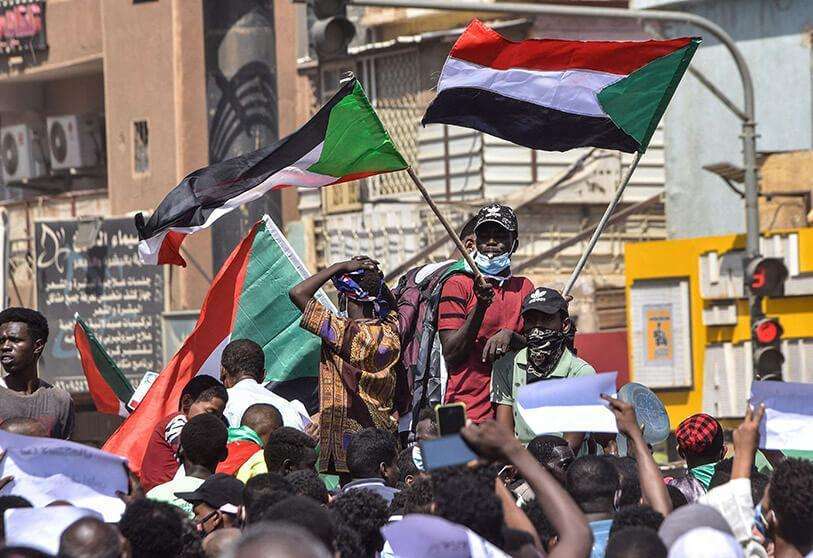
In a related development, the BBC media has reported the arrest of three of its journalists in the state capital during Monday's demonstration. The journalists were reporting for the BBC's Arabic service when they were arrested and taken to an "unknown location" inside Khartoum. "The Sudanese authorities today detained the BBC Arabic language team that had been sent to Khartoum and accredited by the Sudanese Ministry of Information," the BBC said on its official Twitter account. The captivity did not even last a day, as they were released the night of the same day, the BBC said. At all times, the BBC "engaged in intensive communications with the Sudanese authorities to ensure the release of the team as soon as possible". The Sudanese authorities did not comment on these statements.
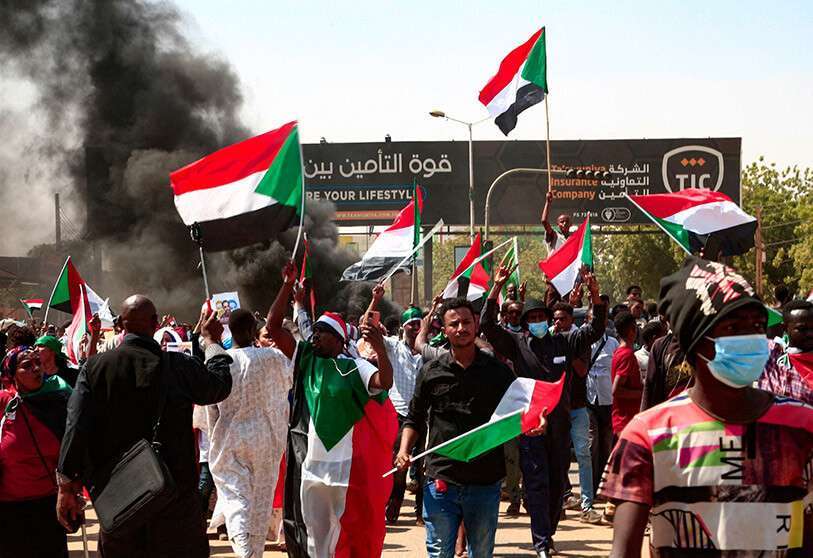
Soon, social media began to be flooded with images of tear gas clouding the demonstrations in the Khartoum area; 35 individuals were affected by tear gas and another six people suffered eye injuries. The images also showed the repression by Sudanese security forces, as well as the throwing of stones and empty gas canisters by demonstrators at state security forces. As a result, "around 200 protesters were injured, including at least 12 shot across the capital. No deaths were reported," Sirag said. One of the gunshot victims is also in hospital due to his serious condition, the Sudan Doctors' Committee reported.
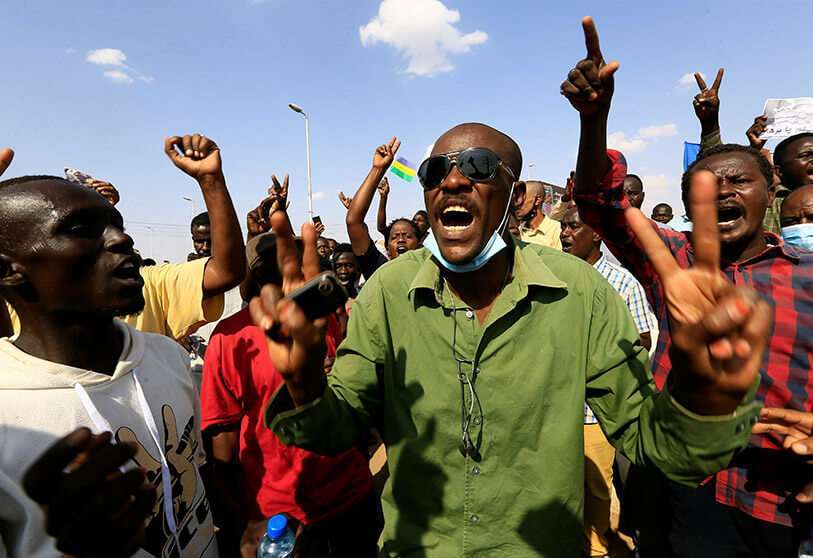
The protests came a week after Sudan's army chief and Sovereign Council President Abdel Fattah al-Burhan said he would "only hand over power to an elected government or an authority that emerges from a national consensus". The instability in the Republic has continued to worsen since a compromise was reneged on 2 January to reach an agreement between the military and the pro-democracy movement on the composition of an interim government, following the resignation of Prime Minister Abdallah Hamdok.
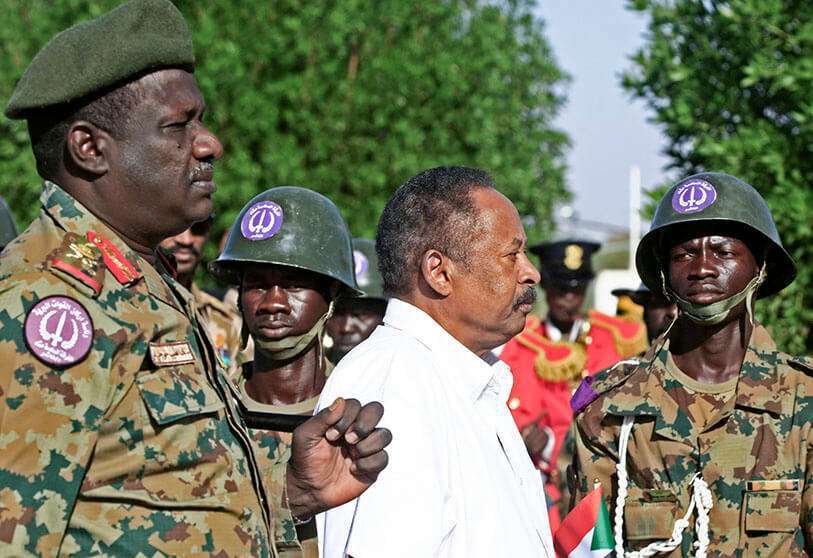
The situation in the country is slowing down the return to the process of transition to a democratic Sudanese government, which began after three decades of repression and international isolation under the autocratic presidency of Omar al-Bashir and his Islamist government. Demonstrations since the last coup have resulted in the deaths of more than 70 citizens and hundreds of individuals have been injured.










